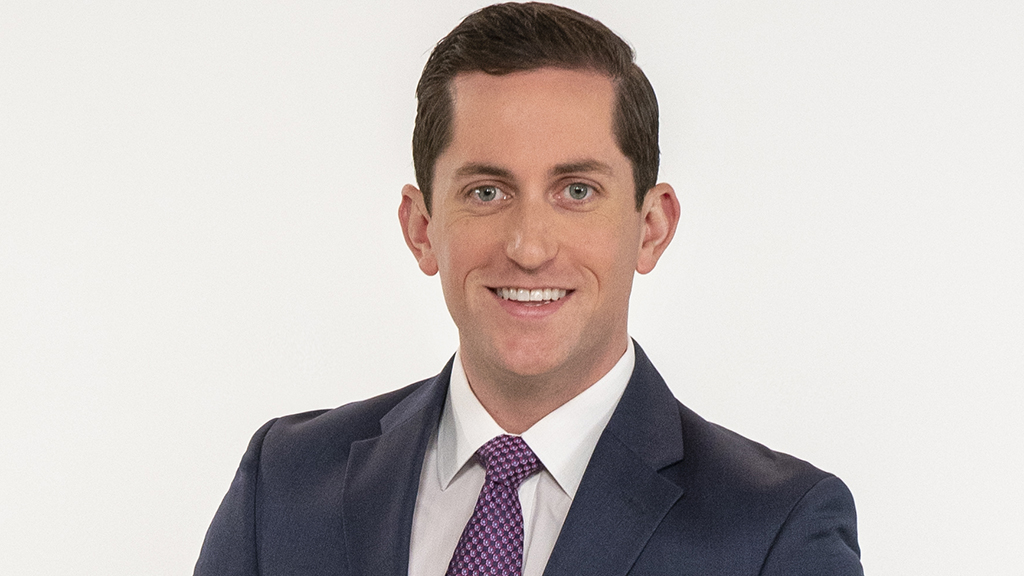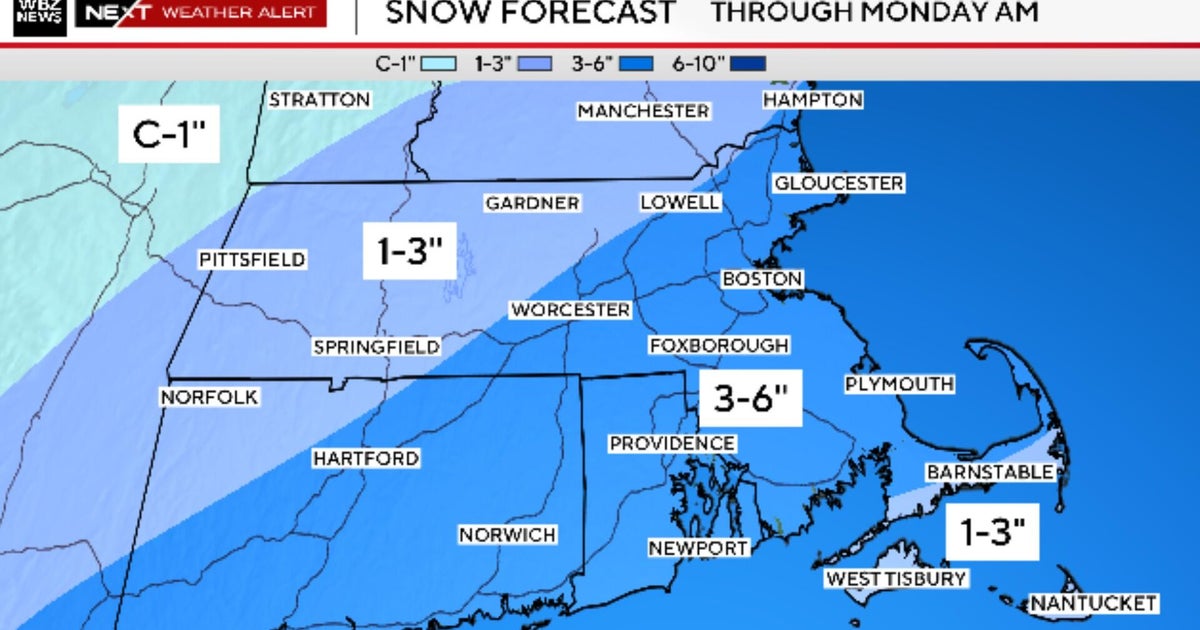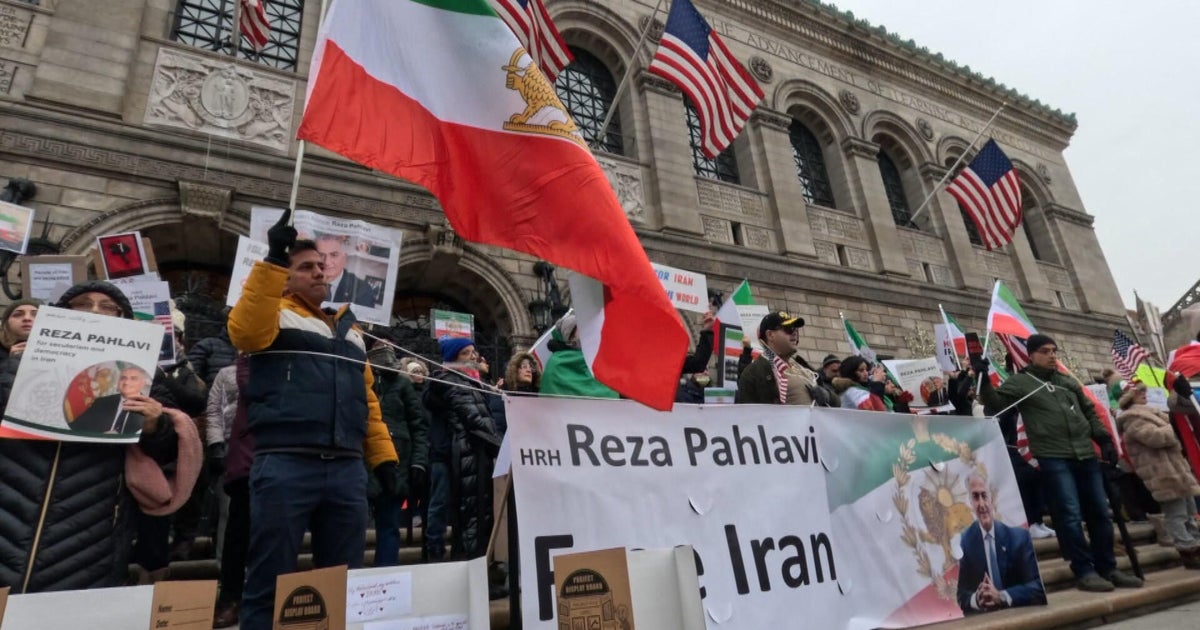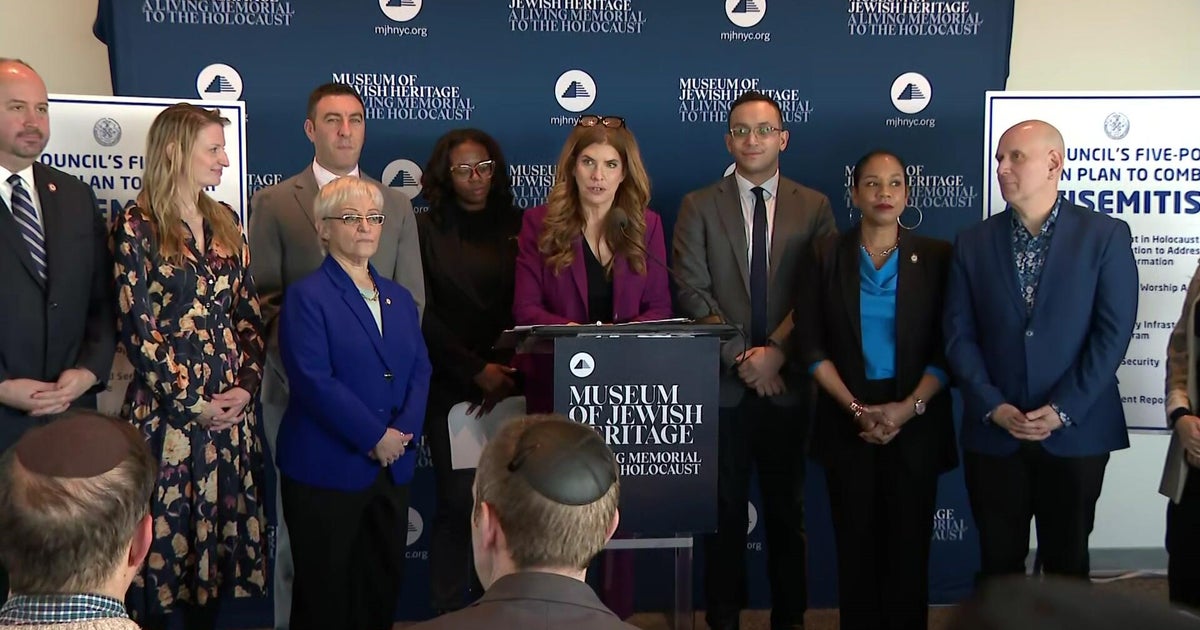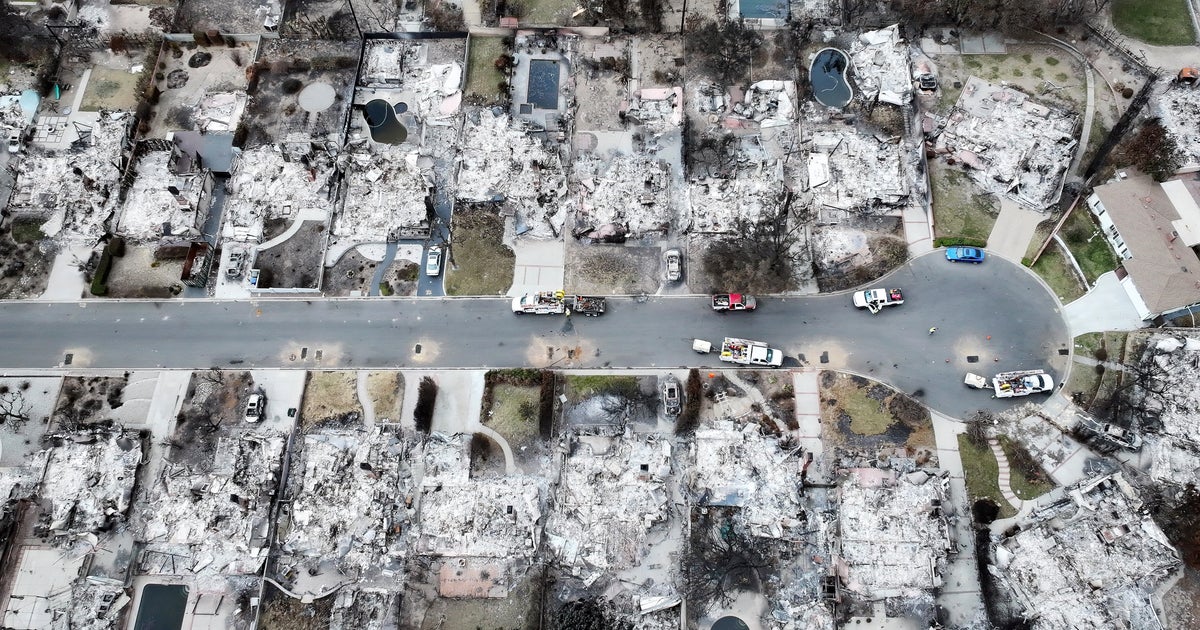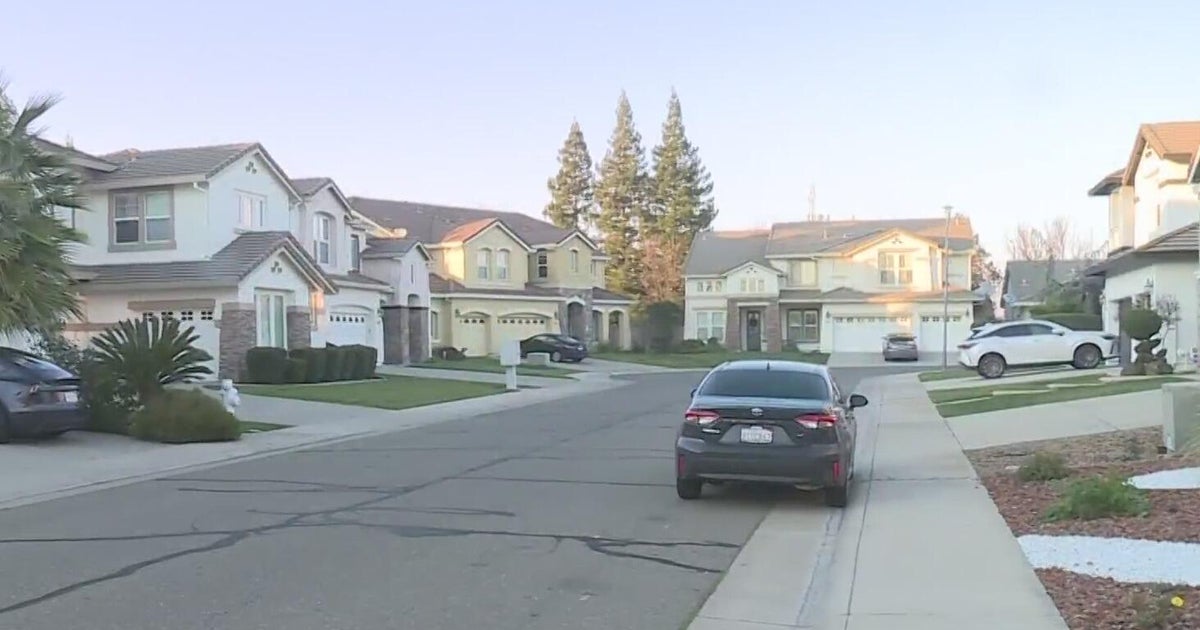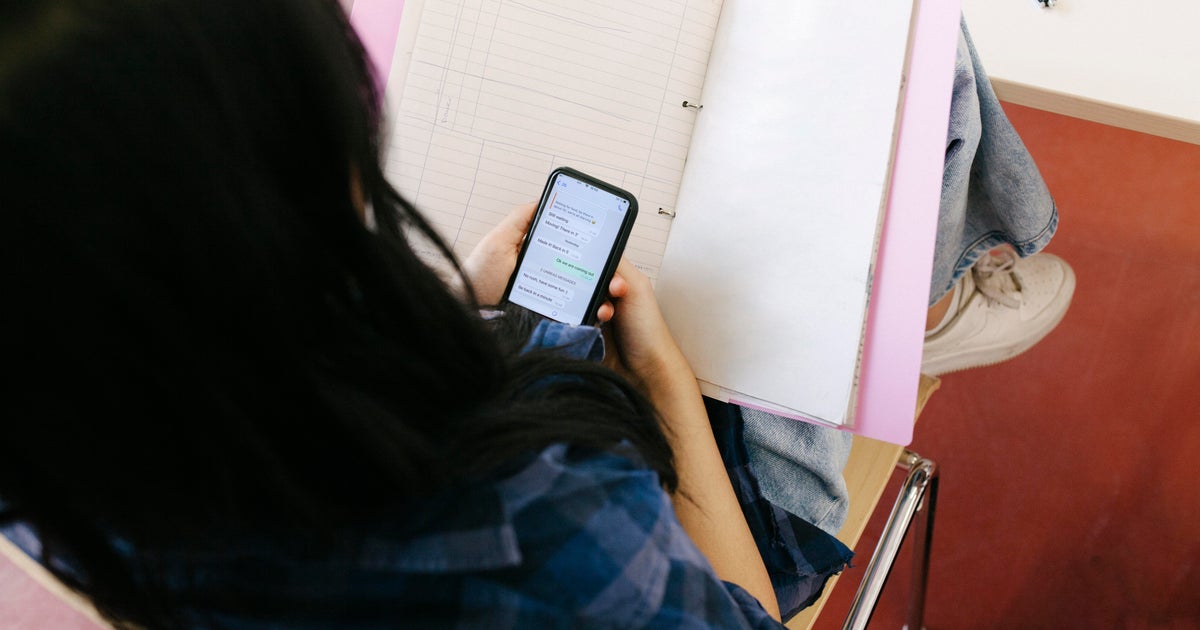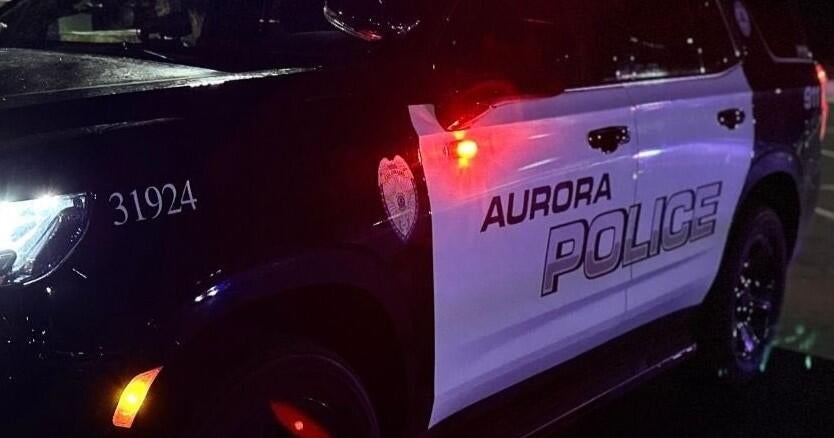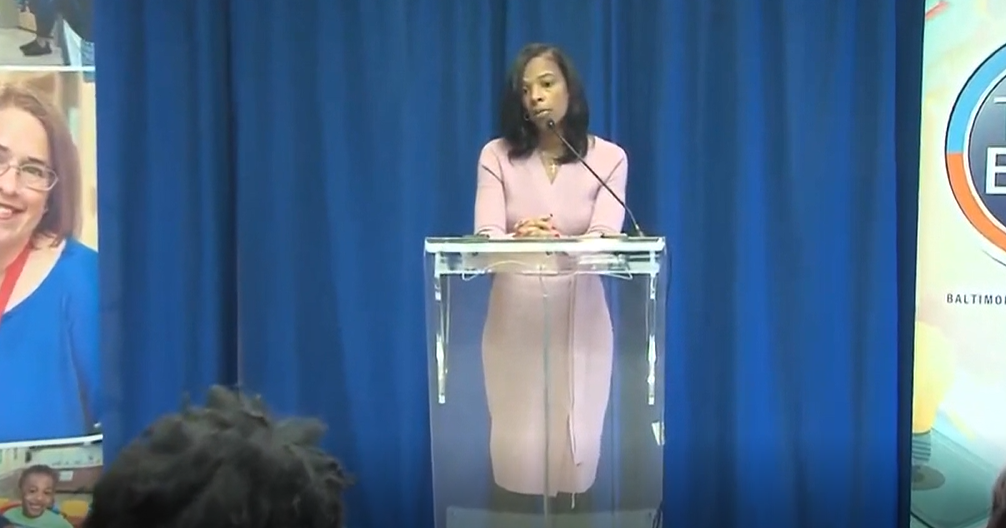Boston City Council to discuss proposed ban on 'nips'
BOSTON - They are little bottles that are becoming a big problem for cities in our area. On Monday, Boston became the latest city to consider banning nip bottles.
The small, 100ml bottles of alcohol are usually sold for a couple of bucks and have become the latest littering problem that one city councilor is looking to nip in the bud. "For me, I have heard significantly good reasons to move forward with this kind of ban," Councilor Ricardo Arroyo said.
Councilor Arroyo represents Boston's 5th District and filed a motion for a hearing on Monday for his proposal to ban nips completely in the city.
"There is a significant issue with consumption of nips and how they are being consumed but also that nips are not recyclable," said Arroyo. "They create littering and environmental impacts that are noticeable."
Nips cannot be recycled in Massachusetts. The state's Department of Environmental Protection said they are too small.
In many cases, nips end up on the sidewalk if not in trash cans. The volunteer organization 'Keep Hyde Park Beautiful' reported collecting 10,000 nip bottles in the span of two months last year. That organization operates in councilor Arroyo's district.
The proposal is in the early stages. It would require the approval of the city's Licensing Board that would ultimately implement it. Boston's Licensing Board currently has the authority to prohibit the sale of nips at new liquor stores, but this change, as proposed, would make the rule universal.
Cities like Chelsea and Newton, along with towns like Falmouth, Wareham, and Mashpee have all passed nip bans.
Newton did it just last year and the city says they are noticing a difference. "It appears to be going well," said Newton Councilor-At-Large Alison Leary. "I have a picture of myself where there is a huge, long row of nip bottles I placed in a row. I couldn't believe the number of nip bottles there were," Leary said. "It seemed to have exploded."
Leary said although this change was made, more needs to be done to address a larger problem. "We have not made many strides in the fight against plastic pollution. It's only growing. We are only seeing more and more plastic being produced," Leary said.
Arroyo said his team has been studying this idea for over a year. Arroyo cited data out of Chelsea for supporting his proposal. Arroyo said Chelsea collected data on its alcohol related 911 calls before and after their ban on nips was passed.
In 2018, data showed Chelsea received 742 alcohol related emergency calls. Chelsea's ban passed that year and by August of 2019, that number had decreased to 128 calls of the same kind.
Arroyo will present this proposal at Wednesday's City Council meeting. It would likely take months before the issues is fully adopted or implemented.
